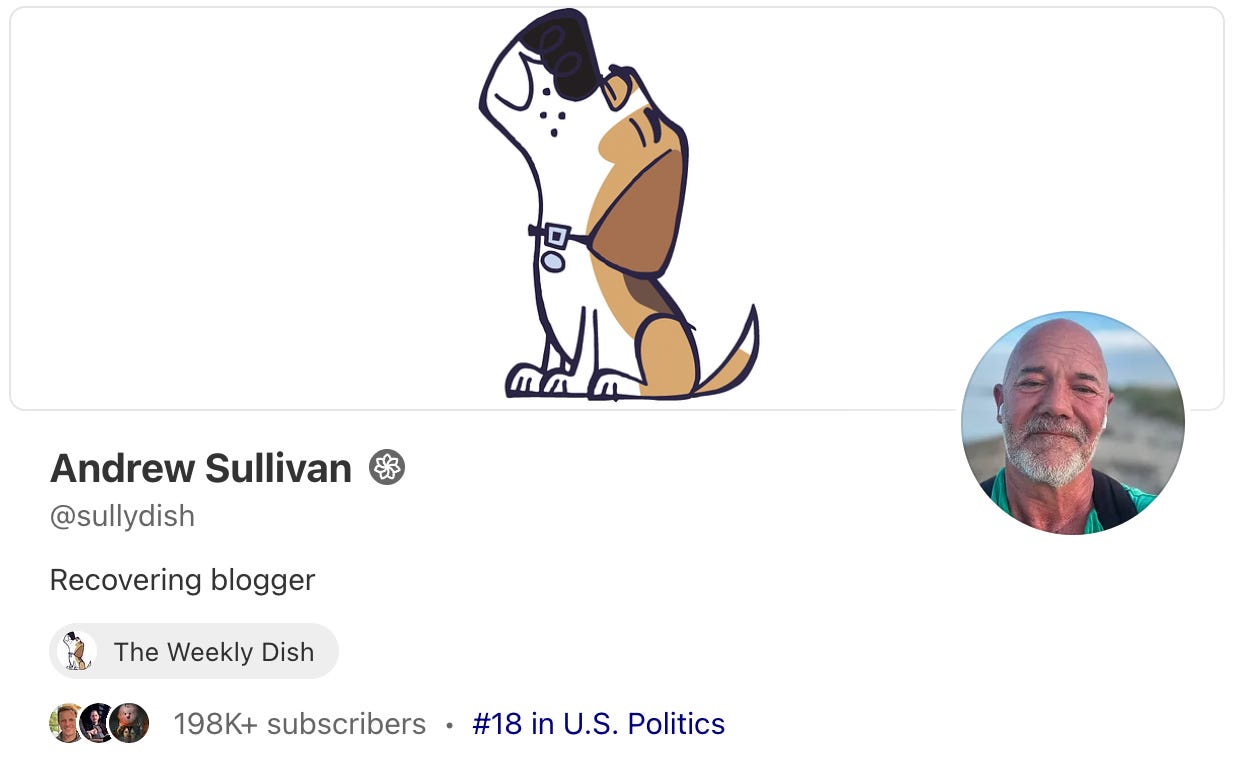Beyond the Scroll: Part 2—The Death of Deep Reading
The crisis of attention and what it means for the work of governance
In last week’s piece, we looked at what David Foster Wallace called the “machinery in our guts”—our need to resist the pull of screens that isolate and distract. This week, we turn to another warning, this one from Andrew Sullivan, who argues the decline of deep reading isn’t just changing how we consume information—it’s changing how we think, reason, and govern.
A society that can’t read deeply can’t govern wisely. When emotion replaces analysis and images crowd out ideas, democracy itself becomes brittle. Sullivan calls this the rise of the “post-literate, post-liberal” age: a culture driven by memes, sound bites, and outrage cycles that reward reaction over reflection. For government leaders, the problem shows up every time a complex issue is reduced to a viral clip, or a budget debate turns into a social media brawl.
For local governments, the challenge is clear: we can’t afford shallow communication when the work we do—on infrastructure, public safety, zoning/housing, and budgets—demands depth and deliberation. If we want residents to engage thoughtfully, we must model that behavior ourselves. That means designing communication and engagement strategies that slow people down, invite curiosity, and rebuild the civic muscle memory of reasoning together.
The Shallowing of Thought
Sullivan’s essay, Our Post-Literate, Post-Liberal Era, is a lament for the lost art of thinking. He traces how the Internet, and later social media, replaced reading with scrolling, deliberation with reaction. Images and sound bites now outcompete words. Attention spans have collapsed. College students, he writes, are entering the workforce “essentially illiterate”—able to prompt an AI to summarize ideas they’ll never sit still long enough to read.
The consequences aren’t just cultural; they’re political. When citizens no longer read deeply, they can’t weigh trade-offs or tolerate nuance—and governing becomes reactive instead of reasoned. Sullivan argues our collective cognitive decline has made it harder for democracies to deliberate. “We think and read less,” he writes, “and see and feel more.”
You don’t need to run the federal government to feel the effects. Every city manager who’s faced a Facebook mob over a zoning case, or watched a council meeting derailed by misinformation, has experienced the post-literate era up close. When citizens no longer read deeply, they can’t weigh trade-offs or tolerate nuance—and governing becomes reactive instead of reasoned.
Where High Performance Communications Fits
Sullivan’s warnings mirror the next evolution of the same problem David Foster Wallace identified. The screen no longer just distracts; it rewires. My High Performance Communications framework offers a way to push back—not by abandoning social media, but by leading differently inside and outside it.
1. Strategic Priorities & Planning
The temptation is to chase the meme—to simplify complex issues until they fit in a tweet. Sullivan’s point is this instinct makes democracy dumber. For local governments, we must create space for reasoning. That means investing in long-form explanations, community workshops, and citizen academies—places where leaders and residents can wrestle with trade-offs in real time.
2. Organizational Leadership
Leaders set the tone. If they model curiosity, depth, and reflection, their teams will follow. In a post-literate culture, courage looks like slowing down the conversation and rewarding analysis instead of speed. The most credible leaders now are those who can explain complexity clearly without pandering to simplicity.
3. Citizen Engagement & Listening
If citizens are conditioned to process everything as a hot take, engagement risks becoming theater. The challenge is to design processes and use non-social digital platforms that make healthy conversations possible again—structured dialogues, small-group discussions, even storytelling exercises that help people see beyond their own screens. Listening, in this sense, is less about collecting feedback and more about rebuilding the capacity for reasoning together.
4. Branding
Post-literate politics run on emotional fuel—outrage, tribalism, fear. A high-performance brand resists that. It communicates steadiness, reliability, and respect for complexity. The tone itself becomes a public service, signaling that government is still capable of rational, adult conversation.
5. Content Creation
Sullivan worries long-form reading is dying, but governments can help keep it alive. Clear, well-written explainer pieces, thoughtful videos, and community stories can bridge the gap between brevity and depth. The goal isn’t to go viral; it’s to make understanding possible.
Beyond the Shallow Scroll
Sullivan’s essay reminds us the crisis of attention isn’t just about screens—it’s about citizenship. When people lose the habit of reading and reasoning, public discourse collapses. That’s why local governments can’t afford to treat communication as a race for positive attention. The work of governance depends on depth, patience, and context—the very things our current information culture erodes.
Next week, we’ll take the next step with Freya India’s We Are the Slop—a powerful look at what happens when people stop just consuming content and start turning their own lives into it. After that, I’ll share some real-world examples of how in-person engagement made all the difference on complex, emotionally charged projects—proof that you can’t get these efforts over the finish line relying on social-first or social-only tactics.
Onward and Upward.


